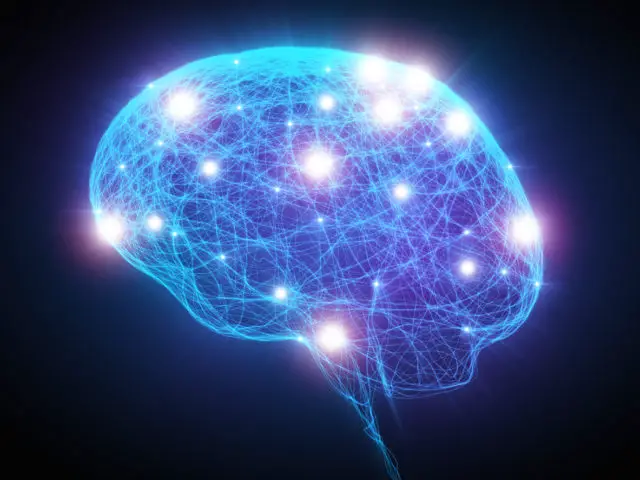The decline in a person’s sense of smell over time predicts loss of cognitive function and may predict structural changes in brain regions that are important for Alzheimer’s disease and dementia in general.
This is the main conclusion of an investigation led by the University of Chicago Medicine. The study offers “another clue” as to how a rapid decline in the sense of smell is a “really good” indicator of what can happen in the brain, sums up Jayant M. Pinto, one of its authors.Based on a follow-up study of 515 older adults, it is published in Alzheimer’s & Dementia: The Journal of the Alzheimer’s Association.
Memory plays a critical role in the human ability to recognize odors. The scientific community has long known the relationship between the sense of smell and dementia, recalls a statement from the University of Chicago.
The plaques and tangles that characterize the tissue affected by Alzheimer’s usually appear in the olfactory areas of the brain and those associated with memory before developing in other parts of this organ. However, it is still unknown if this damage is the cause of a person’s decreased sense of smell.Pinto and his team wanted to see if it was possible to identify alterations in the brain that correlated with loss of smell and cognitive function over time.
“Our idea was that people with a rapidly declining sense of smell over time would be in worse shape than those with a slowly declining sense of smell or a normal sense of smell,” says Rachel Pacyna.
The study
The team used anonymous patient data from Rush University’s Memory and Aging Project. The data began in 1997 to investigate chronic conditions of aging and neurodegenerative diseases, such as Alzheimer’s.Patients undergo annual tests to check their ability to remember through smell, their cognitive function, or signs of dementia; some also had an MRI.
Discoveries
In their observations, the scientists found that a rapid decline in a person’s sense of smell during a period of normal cognition predicts multiple features of Alzheimer’s disease. These include decreased gray matter volume in areas of the brain related to smell and memory, poorer cognition, and an increased risk of dementia.
In fact, the risk of losing the sense of smell was similar to that of being a carrier of the APOE-e4 gene, a known genetic risk factor for developing Alzheimer’s.The changes were most notable in primary olfactory regions, including the amygdala and entorhinal cortex, which is an important input to the hippocampus, a critical site in Alzheimer’s.
“We were able to show that the volume and shape of the gray matter in the olfactory and memory-associated areas in people with a rapid decline in the sense of smell were smaller compared to those with a less severe olfactory decline,” summarizes Pinto.
Some limitations
According to the researcher, this study “must be taken in the context of all known risk factors for Alzheimer’s, including the effects of diet and exercise.The sense of smell and changes in it must be an important component in the context of a number of factors that we believe affect the brain in health and aging.”

For Pacyna, if people in their 40s, 50s and 60s who are most at risk could be identified early on, they could have enough information to enroll them in clinical trials and develop better drugs.
However, the scientists admit some limitations of the study, such as the fact that the participants only had an MRI, therefore missing data to pinpoint when the structural changes in the brains began or how quickly the brain regions shrank.

For those who have experienced shifts in consciousness and know that more peace, joy, and love awaits in a better living environment. A bold shared vision. A living community and hub for innovation. A sustainable ecosystem for living and working. A model for the new future.
